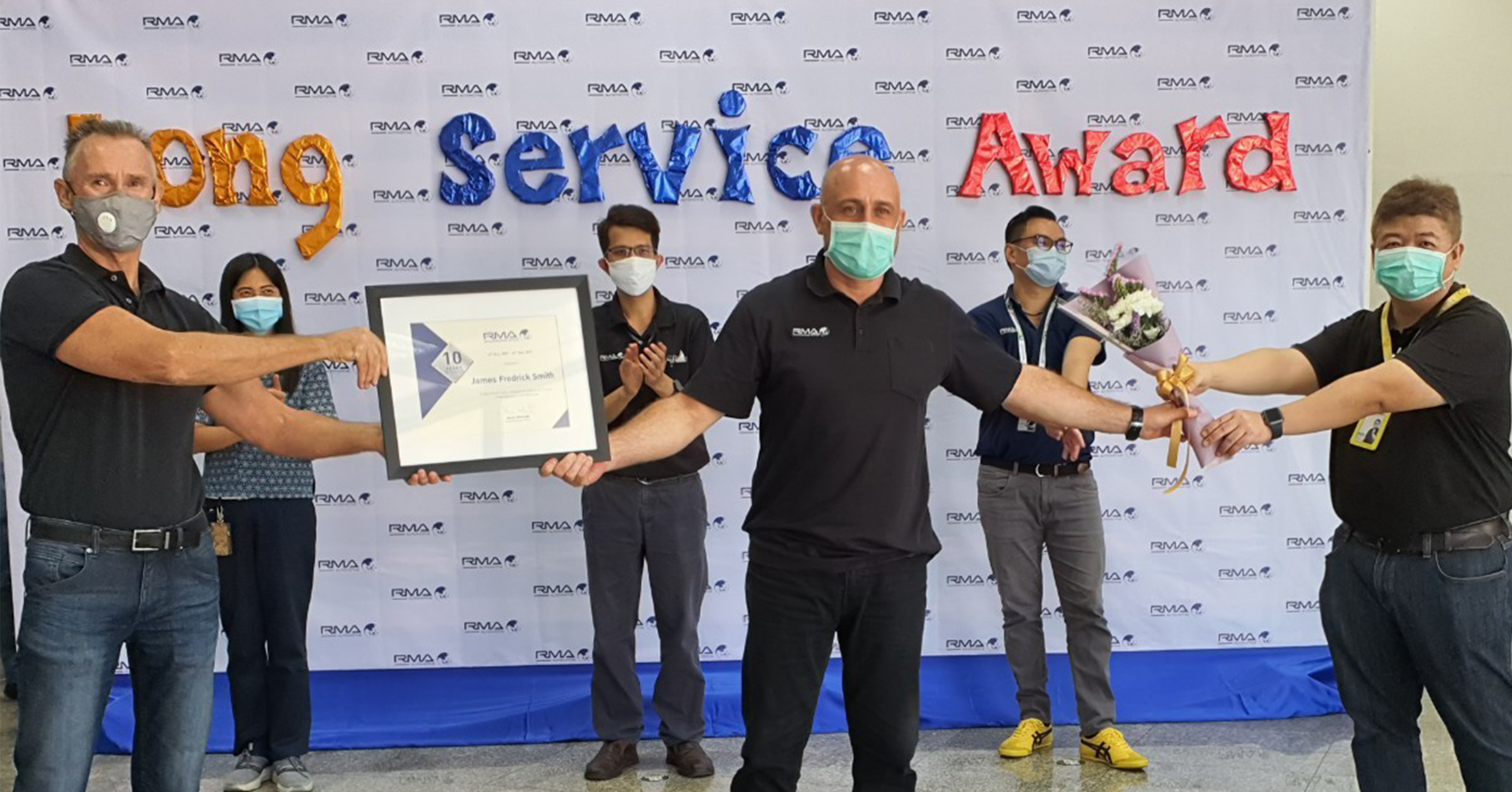Three Keys to Building a Team for Long-Running Success
RMA Automotive (RMAA) is unique in that many parts contracts are multiple years long, with some agreements of up to 15 years. This longevity shapes the nature of the company’s parts division and its leadership style.
James Smith, Group Parts Manager, points to three primary drivers for achieving such long-term success: nurturing local talent, diversity and flexibility.
Cultivating local talent
The mechanics of a global business only works if companies have local talent on the ground who are capable of driving the business forward.
Speaking from experience, James highlights the importance of acquiring local expertise and fostering a learning culture that cultivates talent in a local environment.
œYou need to get on the ground, find the best people that exist in the business and develop those people into senior roles.
As RMAA was facing incredible growth 11 years ago, the parts division, based in Thailand’s eastern seaboard manufacturing hub, handpicked a team of Thai nationals, to enroll in the Journey to Management Program, a four-year initiative aimed at developing talent. Over 70% of the Thai staff who enrolled are still with RMAA to date and are overlooking major accounts in the country, with a strong track record of excellent customer relationships.
Achieving this took 11 years of maneuvering people to the right positions; discovering what inspires them and where their talents lie.
You’ll need to analyze your business’ long-term vision, James says – continually develop the talent you have on hand, giving them the support, confidence and help they need to run a team.
He stresses partnerships with customers as a key to long-term success. Employing the talent already at your fingertips, who understand what local customers want, is exactly what you’ll need to thrive.
Teams of all backgrounds
Diversity in skillset is another facet to the parts division’s achievements.
Given the long-term nature of their contracts, RMAA’s parts business follows a project-driven process. Some projects would require a combination of a strong Thai sales team and a highly skilled expat specializing in parts. Success, in this case, entails the ability to be forward-thinking while leveraging the team’s diverse range of skill sets.
Rolling with the punches
The link between flexibility and achievements is no secret – this holds especially true for the parts team, which operates in challenging markets. During much of the 2000’s RMAA was providing thousands of modified Ford vehicles to the Afghan security forces. The contract with the US Army’s TACOM, included the extensive parts supply as well as service and warranty repairs.
During his one-year secondment in Afghanistan, James was tasked with building up a team for RMAA’s fast-growing parts business in the country. To overcome existing language barriers and increase technical fluency in Ford parts, James and the team developed systems, including dual language, color coding and symbols to denote vehicle types.
This took flexibility and coordination on multiple ends, from the leadership team offering a creative solution to on hand issues, to the technicians in Afghanistan adopting a new language.
The final ingredient
Nurturing local talents, promoting diversity and the ability to be flexible have all been monumental in leading the parts business’ growth. James adds that trust is the key ingredient tying it all together. Giving people enough flexibility so their feeling of being trusted allows their true talents to flourish.



